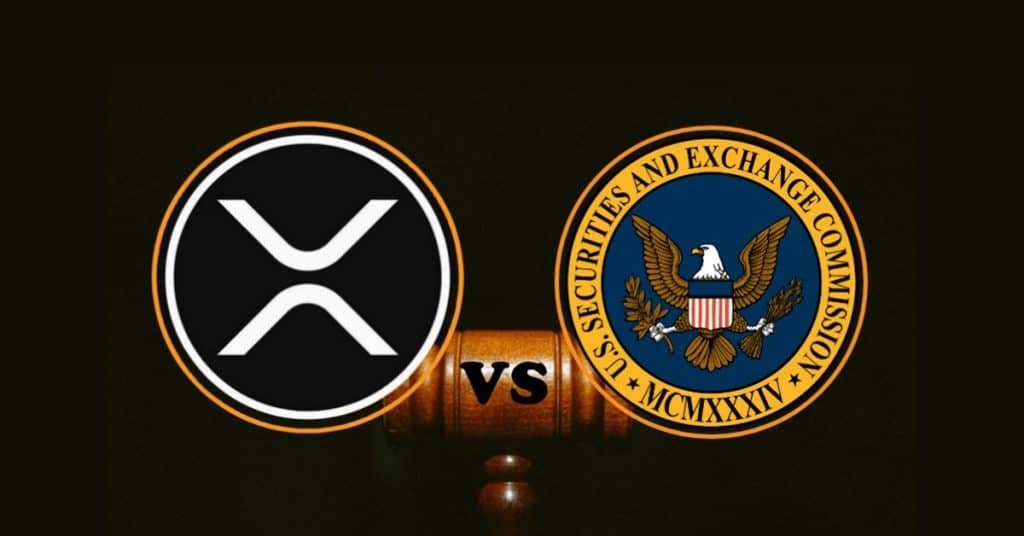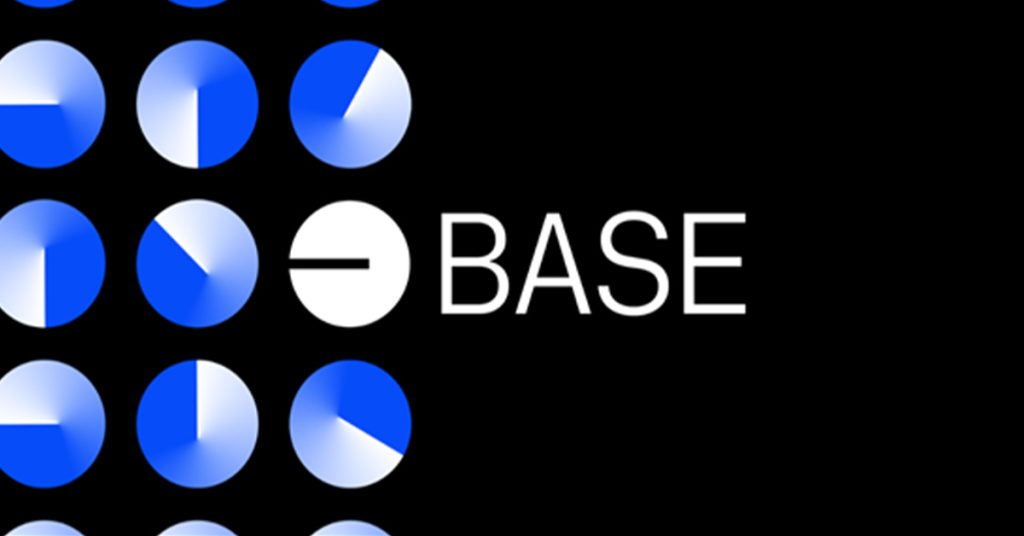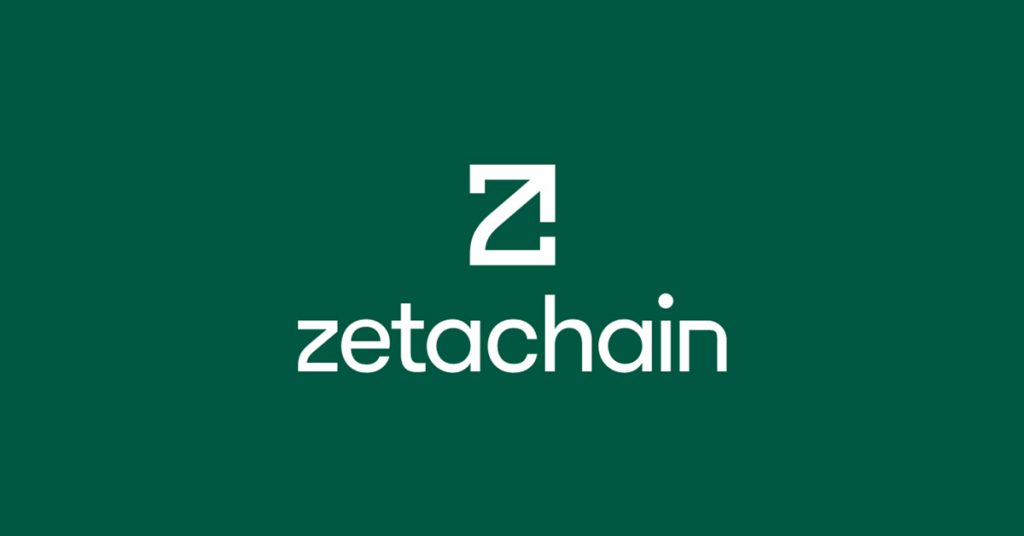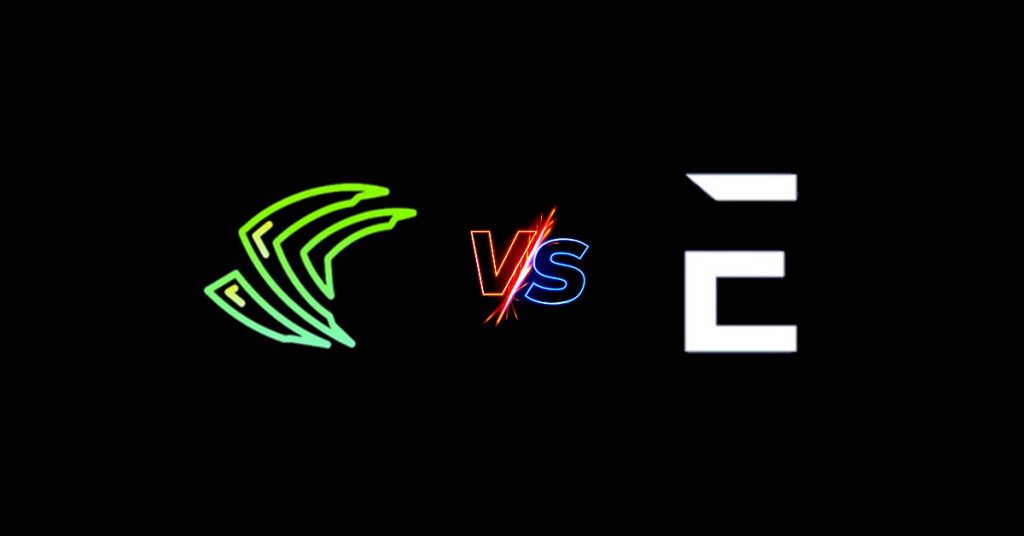The SEC vs Ripple Lawsuit (October 2022)

In December 2020, the Securities and Exchange Commission (SEC) started legal action against Ripple Labs for selling XRP as an unregistered security. The SEC vs Ripple lawsuit could significantly impact the crypto industry as a whole, depending on its outcome. It’s hardly an exaggeration to call it the crypto lawsuit of the century.
If Ripple wins the case or manages to negotiate a good deal with the regulator, other companies, crypto projects, and their communities could take heart. At the same time it would be too early to pop the champagne, as there are signals that the SEC has more crypto projects in its crosshairs.
The present state of affairs (October 2022) is that both parties have filed their motions for summary judgment. In non-technical terms, what they're saying to the court is, you have the information, make the decision without going through a full trial. A quick verdict will help all parties: the case has been dragging on too long!
To Be A Security or Not To Be
The heart of the matter is whether XRP is a so-called security or not. If so, then Ripple would have breached the securities laws. Issuing a security comes with all kinds of regulatory requirements.
The American SEC uses the so-called Howey Test to determine what qualifies as an "investment contract" and would therefore be subject to U.S. securities laws. An investment contract exists if there is an "investment of money in a common enterprise with a reasonable expectation of profits to be derived from the efforts of others."
Bitcoin is not considered a security by the










